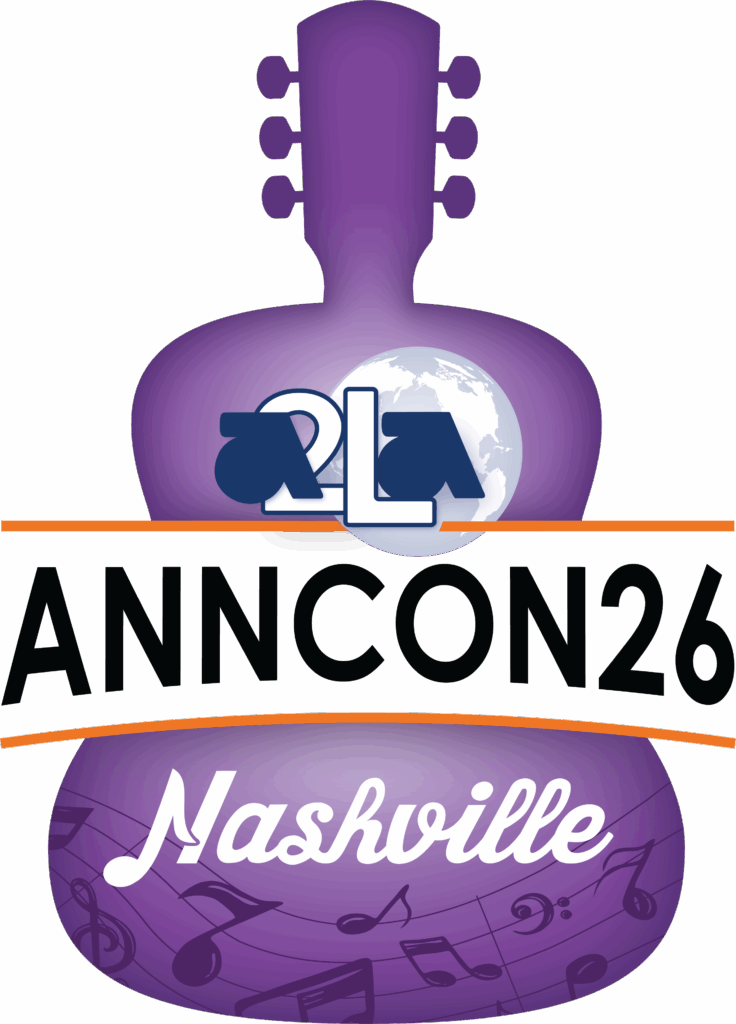Visit ASQ MQD at these upcoming 2026 events!
https://manufacturingandautomationexchange.com/
MARCH 24 - 26, 2026, Music City Center, Nashville, Tennessee
The Manufacturing & Automation eXchange (MAX) is a live, exhibit-driven manufacturing event where working technology, exhibits, and on-floor education take place together in one integrated environment.
For measurement and metrology professionals, MAX offers the opportunity to see inspection, vision, metrology, and measurement technologies operating live alongside automation, assembly, materials, safety, and packaging systems. This cross-functional context allows attendees to better evaluate measurement capability, data confidence, and how measurement decisions impact real manufacturing outcomes.
Tuesday, March 24, 2026, 9:30 am - 12:00 pm:
- Workshop 2: Quality at the Core: Enable Competitive Manufacturing with Better Measurements" presented by MQD Past Chair, Heather Wade.
- Workshop 3: AI at Work: Using Digital Tools to Troubleshoot, Optimize & Accelerate Production, panel including MQD Past Chair, Dilip Shah.
You MUST pre-register for workshops!
Use code JOINASQ to unlock exclusive MQD member savings!
Register today!
MQD Past Chairs, Dilip Shah and Heather Wade will also be presenting at the ASQ booth (Booth 605)
____________________________________________________

https://a2la.org/annual_conference/
April 12 - 15, 2026, Gaylord Opryland Resort, Nashville, Tennessee
ASQ-MQD will be exhibiting - stop by our table, make new connections, learn valuable solutions!
ASQ-MQD has a number of members who are presenting:
Monday, April 13:
- ASQ Senior Member, Zac Jarrard, "Crafting the Perfect Prompt for ChatGPT & AI Tools"
- ASQ Senior Member, Harry Spinks, "Ensuring Accuracy & Compliance in In-House Calibrations"
- MQD Past Chair, Heather Wade, "Commonly Misinterpreted ISO/IEC 17025 Requirements"
Tuesday, April 14:
- MQD Past Chair, Dilip Shah, "Measurement Uncertainty: Monte Carlo Method"
Wednesday, April 15:
- MQD Chair, Patrick Jester, "Unraveling the Connection: The Impact of Stress on Quality Performance"
REGISTER: A2LA ANNCon26 Registration
____________________________________________________
 https://asq.org/CONFERENCES/WCQI
https://asq.org/CONFERENCES/WCQI
May 17 - 20, 2026, Orlando, Florida
ASQ-MQD will be exhibiting - stop by our table, make new connections, learn valuable solutions, catch up on the latest quality & metrology news!
____________________________________________________
We are pleased to welcome our new 2025-2026 elected, volunteer member leaders:
Chair: Patrick Jester
Chair-Elect: Srihari Chodagiri
Secretary: Piyush Dhedhi (as of November 2025)
Treasurer: Sharry Masarek
Please follow us on LinkedIn: ASQ-MQD on LinkedIn
MQD Webinar Recordings from 2024
We were excited to be able to offer four outstanding webinars in 2024.
If you missed one you want to hear, or just want to listen to it again, they are available to MQD members.
Click on title to open the recording! (Hold down "Control" or "Command" while clicking if needed.)
Control Charts for Metrology Applications, Dilip Shah, December 10, 2024 (Co-Hosted by South Jersey Section)
"How to Read & Interpret Calibration Certificates" recording - view in MyASQ\MQD Library, Heather Wade, October 22, 2024
How to Make and Interpret a Statement of Conformity in a Calibration Report, Dilip Shah, July 23, 2024
Career Paths in Quality – Metrology, Joleen Watson, March 11, 2024
---------------------------------------------------------------------------------